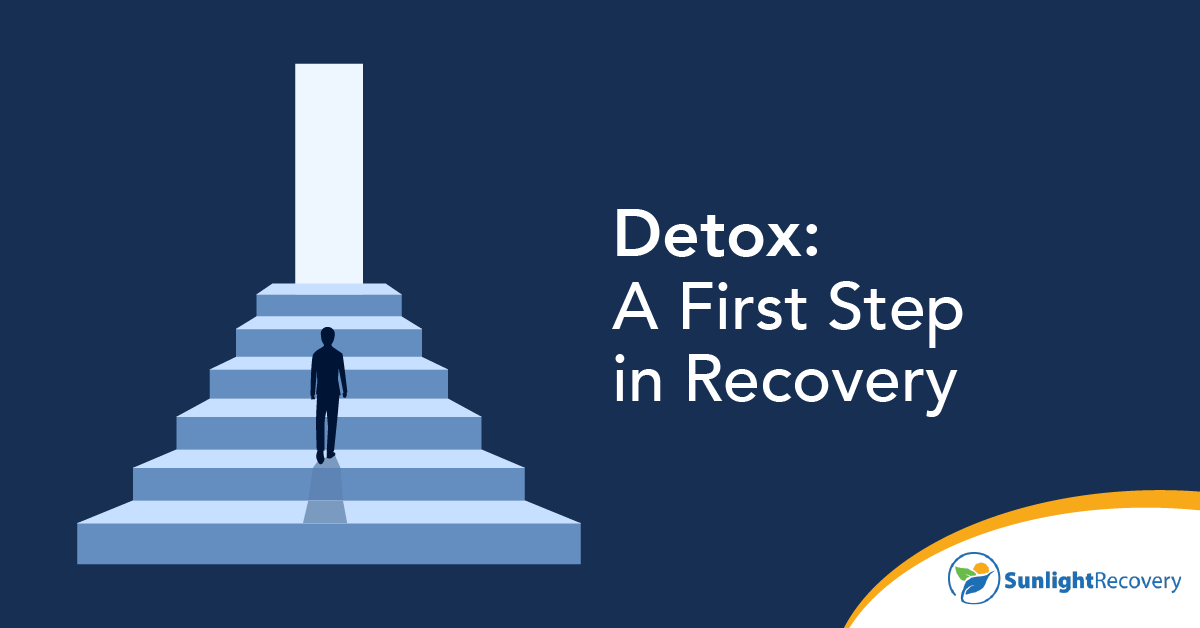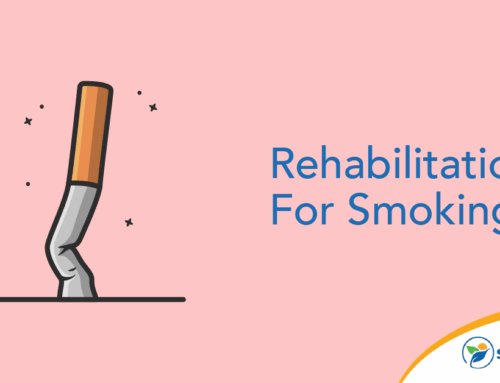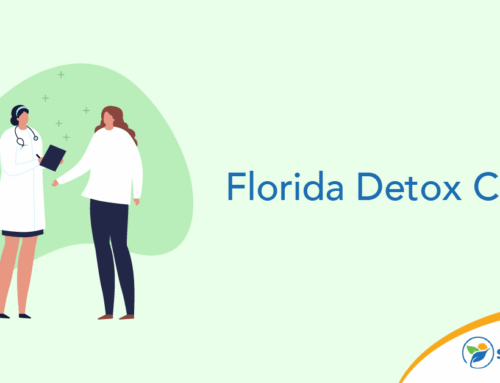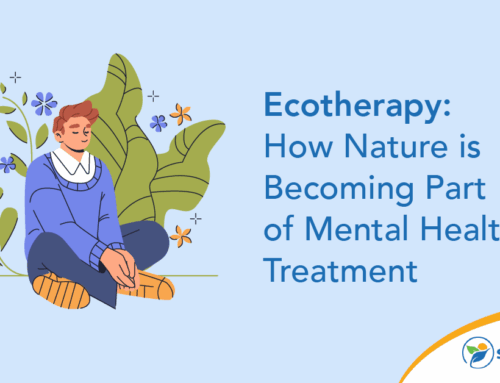Detox is far more than just getting substances out of your system. It’s the essential foundation that makes all other recovery efforts possible. Without proper detoxification, your body and mind remain trapped in the cycle of chemical dependency, making it nearly impossible to engage meaningfully in therapy, counseling or other treatment modalities. When you choose to begin with the first step of detox, you’re not just clearing substances from your body; you’re creating the physical and mental stability necessary to build a lasting recovery.
What Is Detox and Why It’s Necessary
Detoxification is the process by which your body eliminates toxic substances and begins to heal from the damage caused by prolonged substance use. During active addiction, your brain and body adapt to the constant presence of drugs or alcohol, creating a chemical dependency that affects everything from your neurotransmitter function to your organ systems.
When you stop using substances abruptly, your body goes into withdrawal as it struggles to regain its natural balance. This process can produce uncomfortable and sometimes dangerous symptoms, including anxiety, depression, tremors, seizures, hallucinations and severe cravings. Medically supervised detox is often necessary to manage these withdrawal symptoms safely and effectively.
The necessity of detox varies depending on the substances you’ve been using, how long you’ve been using them and your individual health factors. Some substances, like alcohol and benzodiazepines, can cause life-threatening withdrawal symptoms that require immediate medical attention, while others may produce intense psychological symptoms that benefit greatly from professional support and medication management.
How Detox Supports Physical and Mental Stabilization
Your body has a remarkable ability to heal itself, given the opportunity, and detox provides that window for recovery to begin. During the detoxification process, your organs start to function more efficiently as they’re no longer constantly processing toxic substances. Your liver begins to repair itself, your cardiovascular system stabilizes and your brain chemistry starts to rebalance.
Mental stabilization is equally important during this phase. Substance use disorders create significant changes in brain structure and function, particularly in areas responsible for decision-making, impulse control and emotional regulation. Even short-term abstinence can begin to reverse some of these neurological changes, improving cognitive function and emotional stability.
The path to recovery detox also involves addressing the psychological aspects of withdrawal. Many people experience intense emotions during this time as their brain adjusts to functioning without substances. Professional detox programs provide crucial emotional support and coping strategies to help you navigate these challenging feelings without turning back to substance use.
Sleep patterns, appetite and energy levels also begin to normalize during detox. Having medical and psychological support during this vulnerable time ensures you can weather the storm of early recovery with the best possible outcomes.
The Role of Medical Supervision During Withdrawal
Medical supervision during detox isn’t just recommended; it’s often essential for your safety and comfort. Health care professionals can monitor your vital signs, assess your withdrawal symptoms and provide medications to ease the process and prevent dangerous complications.
Certain withdrawal syndromes can be life-threatening if not properly managed. Alcohol withdrawal can lead to delirium tremens, a condition that causes severe confusion, hallucinations and potentially fatal seizures, and it has a death rate of 2% to 5%. Benzodiazepine withdrawal can also cause seizures and other serious medical complications. Even when withdrawal isn’t immediately dangerous, medical supervision can significantly reduce your discomfort and help prevent relapse.
Medical professionals can also address any underlying health conditions that may have been masked or worsened by substance use. Many people entering detox have nutritional deficiencies, dehydration, infections or chronic conditions that need immediate attention. Treating these issues during detox helps ensure you’re in the best possible physical condition to continue with further treatment.
Medication-assisted treatment may also be introduced during detox for certain substances. It can significantly improve treatment outcomes by reducing cravings and withdrawal symptoms while you focus on building recovery skills.
Preparing for Treatment After the First Step of Detox
Detox is just the beginning of your recovery journey, and preparing for what comes next is critical for long-term success. During the detox process, treatment professionals will work with you to assess your individual needs and develop a comprehensive treatment plan that addresses your substance use and any underlying mental health conditions, trauma or life circumstances that may have contributed to your addiction.
This preparation phase involves honest conversations about your substance use history, mental health symptoms, family dynamics, work or school situations and personal goals for recovery. The more transparent you can be during these assessments, the better equipped your treatment team will be to create a plan that truly meets your needs.
You’ll also learn about different treatment options available to you, which might include residential treatment, intensive outpatient programs, individual therapy, group counseling, family therapy or specialized treatments for co-occurring mental health disorders. Understanding these options helps you make informed decisions about your care and increases your investment in the treatment process.
Why Detox Alone Isn’t Enough — But Still Essential
One of the most persistent detox myths is that simply getting substances out of your system is sufficient for lasting recovery. While detox is essential, it addresses only the physical aspects of addiction. The psychological, social and behavioral components of substance use disorders require ongoing treatment and support to achieve lasting change.
Building a Strong Foundation for Long-Term Recovery
During detox, you’ll begin to establish new daily routines that don’t revolve around substance use. This might seem simple, but for many people, substances have been so central to their daily lives that they need to essentially relearn how to structure their time in healthy ways. You’ll discover new ways to cope with stress, boredom, anxiety and other emotions that previously triggered substance use.
The skills and insights you gain during detox become the building blocks for everything that comes after. Each day you successfully navigate without substances strengthens your confidence in your ability to maintain long-term sobriety.
Take the First Step Toward Recovery at Sunlight Recovery
If you’re ready to break free from addiction and build a strong foundation for lasting recovery, Sunlight Recovery is here to support you through every step of the process. Our medically supervised detox program provides the safe, compassionate environment you need to begin your healing journey. Don’t let another day pass wondering if you’re strong enough to overcome addiction. You are, and we’re here to help you prove it to yourself. Contact Sunlight Recovery today to learn more about our comprehensive detox and treatment programs.







